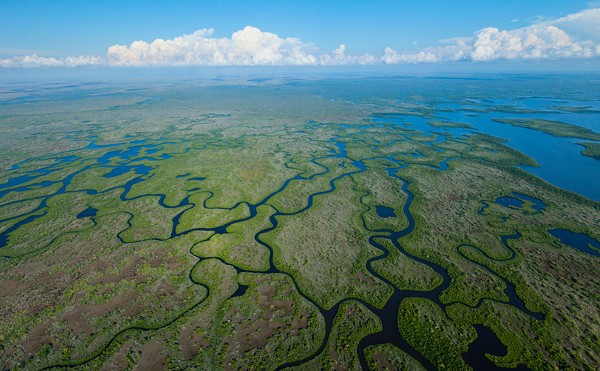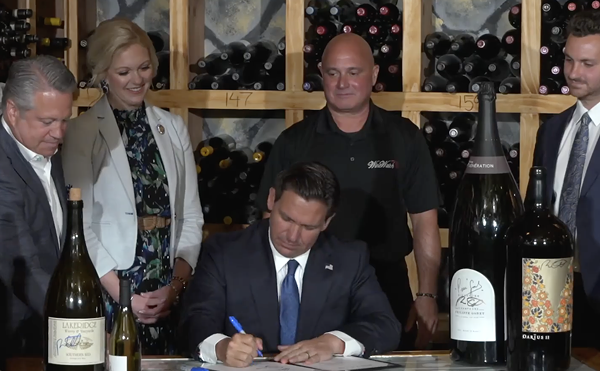Today of course marks the one year anniversary of the Deepwater Horizon/Anaconda oil spill, which brings back stories of the crises from a year ago, which is still enduring in terms of the litigation involved with trying to make things whole for the people who suffered last year along the Gulf Coast.
As we referred to two weeks ago, a recent Quinnipiac poll shows that a majority of Floridians support expanded offshore oil exploration; 35 percent oppose. That question is somewhat ambiguous and perhaps less a contradiction in that it doesn't specify if Floridians want it closer to the state than current law allows (235 miles from St. Pete Beach).
In their lead editorial this morning, the St. Pete Times questions how solid that 60 percent really is:
Memories are short. A year after the broken oil rig began spewing 206 million gallons of oil into the gulf, opinion polls show most Florida voters favor offshore drilling. The prospect of gasoline at $4 a gallon triggers short-term thinking, and the oil has been largely erased from North Florida beaches. The clogged Louisiana marshes, the disfigured fish, the oil-slicked dolphins and the microscopic oil particles deep below the gulf's surface seem less pressing. But spread oil on the Pinellas beaches or along Miami Beach on these warm sunny days, and the poll results would be different.
Meanwhile on the eve of the anniversary, Governor Rick Scott and Attorney General Pam Bondi alienated some Floridians when they said that he's leaning against the idea that the state of Florida should not sue Transocean, the owner of the oil rig operated by BP. Scott said this:
“It doesn’t make sense that the state join that lawsuit. We have a plan to make sure our state is treated fairly with regards getting reimbursed by British Petroleum for the damages done to our state,” Scott told reporters on the eve of the one-year anniversary of the oil rig blast that spewed 200 million gallons of oil into the Gulf of Mexico.















